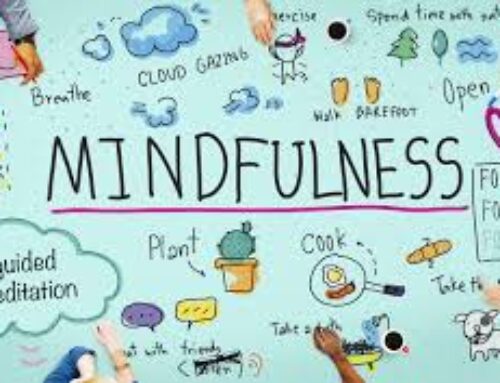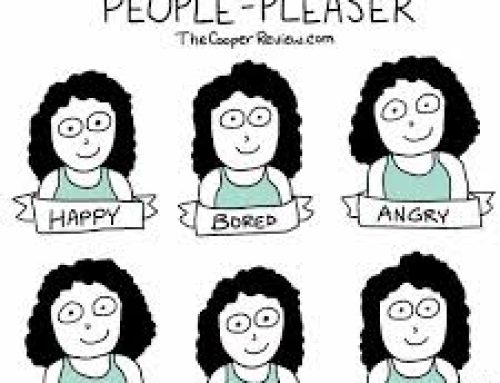“One of the saddest reasons an intimate relationship dies is that neither partner recognizes its value until it is too late……..it is taken for granted rather than given the nurturing and respect it deserves and desperately needs” (Gottman). How can you tell if you are on the road to separation? Gottman states he is able to predict divorce with up to 98% accuracy. He identifies several factors that need to be present, but most noticeably, the four horsemen in troubled relationships.
The Four Horseman
Criticism
Contempt
Defensiveness
Stonewalling
Let’s break them down to learn more.
- Criticism: No relationship is perfect, and in every relationship, you are going to have some complaints about your partner. But can you tell the difference between a complaint and a criticism? A complaint focuses on feelings about a specific behavior or event and what they want to change. For example consider this scenario and dialogue: “I’m mad that the dishes didn’t get cleaned last night. We agreed it was your turn to wash them. Could you please wash them now?” In this example, one partner is stating (1) how they feel (I’m mad) , (2) about a specific event (the dishes didn’t get cleaned last night), and (3) what the partner needs/wants/prefers (please wash them). Criticism, on the other hand, often attacks or expresses opinions about your partner’s personality or character. For example consider this scenario and dialogue: “You are so lazy. You never do anything. I hate having to clean the kitchen all the time because you don’t care.” How can you tell if you are blaming or criticizing your partner… did it start with “you never” or “you always”?
- Contempt: This is a basic form of disrespect. One partner feels more superior than the other. Signs of contempt include sarcasm, cynicism, name-calling, eye rolling, mockery, and hostile humor. For example consider this scenario and dialogue: Joe suggests keeping a grocery list on the fridge. His partner rolls their eyes and says, “Do you really think that list is going to help you remember what to buy? You forget everything. You’ll probably forget to even bring the list with you when you go to the store.”
- Defensiveness: This is often a reaction from feeling criticized or ridiculed. It can also be used as an “innocent victim” stance, where a partner goes to when avoiding change. Defensiveness escalates conflict. For example consider this scenario and dialogue: “Why are you always picking on me and saying I can’t do anything right!”. Accepting responsibility and accountability is difficult by itself, but when coupled with criticism and contempt, it can lead to defensiveness and minimal problem solving.
- Stonewalling: This usually happens after the first three horsemen are already present. One partner ends up tuning out the other partner. An example would be when a partner might start to look at their phone or watch tv during a discussion to tune out the other partner.
What else can be a factor in relationship difficulties?
Not only do the four horsemen create a recipe for an unhappy relationship; these individuals tend to suffer more from depression, anxiety, and infectious illnesses. Recognizing when the four horsemen are present, and working on their antidotes, can not only improve your relationship but improve your life. If the four horsemen are present in your marriage, don’t fret! Couples counseling can offer you skills to incorporate antidotes for the four horsemen into your relationship. These can include taking responsibility for your part in the conflict, nurturing your fondness and admiration, learning to self-soothe to regulate your emotions, and engaging in repair attempts with your partner.
Resources:
PhD, G. J., & Silver, N. (2015). The Seven Principles for Making Marriage Work: A Practical Guide from the Country’s Foremost Relationship Expert (Revised ed.). Harmony.
Stay tuned for more strategies next week.
Alison Bellows Cearlock was a Graduate Student Intern with the Mindly Group studying Mental Health Counseling.










